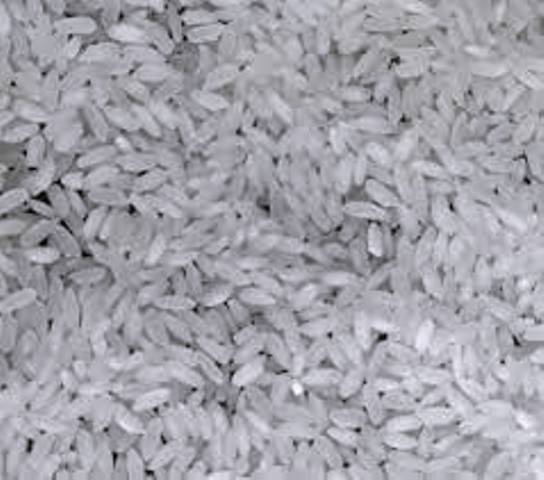Hyderabad: The government of India, recently imposed a 20 per cent duty on exports of various types of rice to discourage buyers from making purchases from the country and to secure domestic supplies after reduced plantation due to lack of rains. This decision came after Food Ministry recommended the levy to ensure sufficient rice stock for Public Distribution System (PDS) and Pradhan Mantri Garib Kalyan Anna Yojana (PMGKAY).
India is the world’s biggest rice exporter and its rice exports have touched 21.5 million tonnes in 2021, more than the combined shipments of the world’s next four biggest rice exporters – Thailand, Vietnam, Pakistan and the United States.
India accounts for more than 40 per cent of global rice shipments and competes with Thailand, Vietnam, Pakistan and Myanmar in the world market.
The government of India imposed a 20 per cent duty on exports of various types of rice to discourage buyers from making purchases from the country and to secure domestic supplies after reduced plantation due to lack of rains. This decision came after Food Ministry recommended the levy to ensure sufficient rice stock for Public Distribution System (PDS) and Pradhan Mantri Garib Kalyan Anna Yojana (PMGKAY).
This duty on brown and white rice other than basmati and para boiled varieties covers nearly 60 per cent of the country’s total exports. “With this duty, Indian rice shipments will become uncompetitive in the world market. Buyers will shift to Thailand and Vietnam” as per informed sources.
There are several hundred varieties of non-basmati rice in India. Some of these sell for a much higher price than basmati rice. Some non-basmati variants sell for $700 up to $1,400 per metric ton. Levying a duty on these variants will prove very expensive. It will have many adverse outcomes for team India in the long term.
Since the shortage is envisaged for varieties of rice that are meant for PDS and PMGKAY, we suggest imposing a duty according to the export price of rice and a blanket duty on all non-basmati rice variants must be avoided.
India exports many other high-quality varieties of non-basmati rice such as Sona Masoori, Wada kolam, Jeera Sambha fragrance rice, Ponni Rice, black rice, red rice, and many others. A blanket duty will make it impossible for Indian exporters to promote these indigenous varieties overseas.
Non-basmati is not one variant of rice but a very big family of rice species. India’s agricultural biodiversity and heritage deserve recognition and respect. The blanket duty on non-basmati rice must be reversed. Otherwise, there will be a devastating impact on Indian exports. This is a time when the government is making much effort to promote Indian exports. We rely on the administration to make well-informed decisions. The exporters need their support and understanding.

